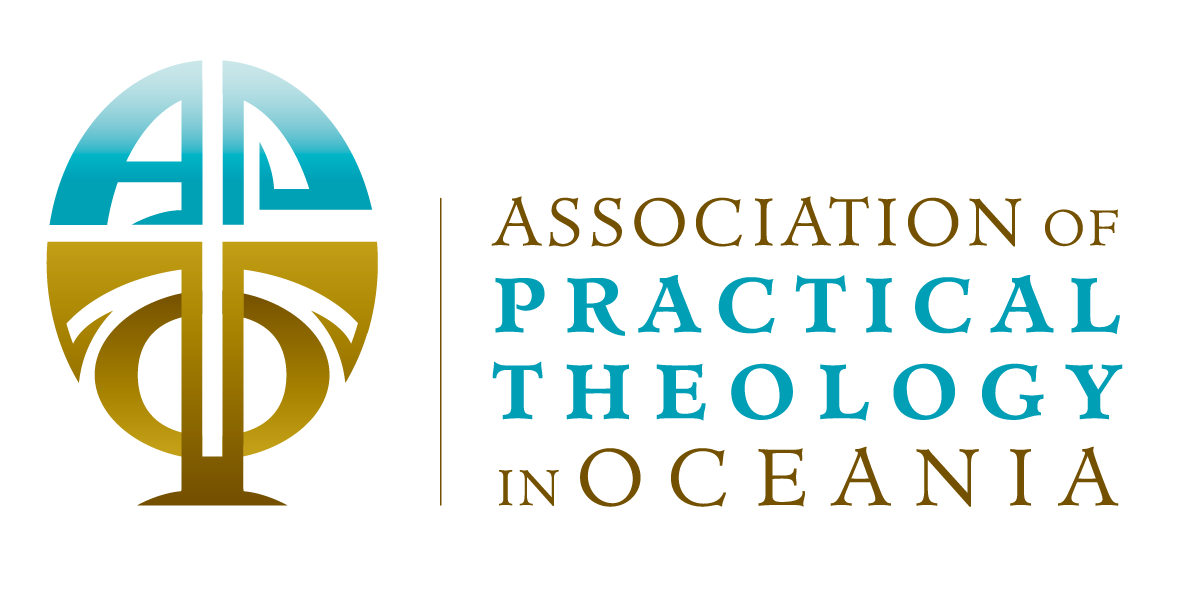

Discussion Time:
Location: Wirraway
Many physiological and psychological complexities associated with living in the aftermath of trauma resonate deeply with the relatively minor biblical female character, Hagar. Hagar’s presence within the familial drama of the Abrahamic Chronicle provides a scriptural representation of how traumatic events such as rape, battery, and other forms of sexual and domestic violence have been, and continue to be, an all-to-common part of the female experience. By listening to the silence that punctuates Hagar’s trauma narrative, we can unearth a dimension of theological witness that has the potential to encounter the suffering that persists in the aftermath of trauma. In this paper, I will examine how Hagar’s silence in Genesis 16-21 highlights how traditional patriarchal interpretations of feminised bodies and voices frequently overlook or consider them inconsequential. I will do this by turning to the work of Shelly Rambo, giving particular attention to the complexities of theologising traumatised female somatic memory away from the traditional linear understanding of redemption and the masculinised site of the cross.
Contemplative Science explores religious contemplative practices via lenses provided mostly by the psychological sciences. Contemplative research can analyse religious contemplative practices through cognitive processes such as focused attention, open monitoring (sustained awareness), metacognition, enquiry, and others. Complimentary to these analyses, the research would examine how these processes effect the processes themselves (is attention strengthened or weakened by meditation practice), or the psycho-physical health of the practitioner (does practicing meditation reduce anxiety?). This paper asks whether it is possible for contemplative research to examine the religious elements of meditation practice? This paper applies the cognitive approach above, set by contemplative research, to Centering Prayer. It examines some key psychological features of Centering Prayer and sets out the major cognitive operations utilised in the practice. It then goes on to examine how theology functions, arguing that theological language and formation help anchor the attentional focus, and the openness of the practitioner. The paper argues that the effect of theology in the practice of Centering Prayer is at least twofold: theology shapes the quality and character of practitioner attention and awareness, second that theological formation provides language around meditative experience, effectively naming experiences via religious worldviews. The paper concludes by asking a question: How can we discern how religious experiences evolve? Does their evolution within the complex interactions of language, context, and experiences diminish religious experiences?